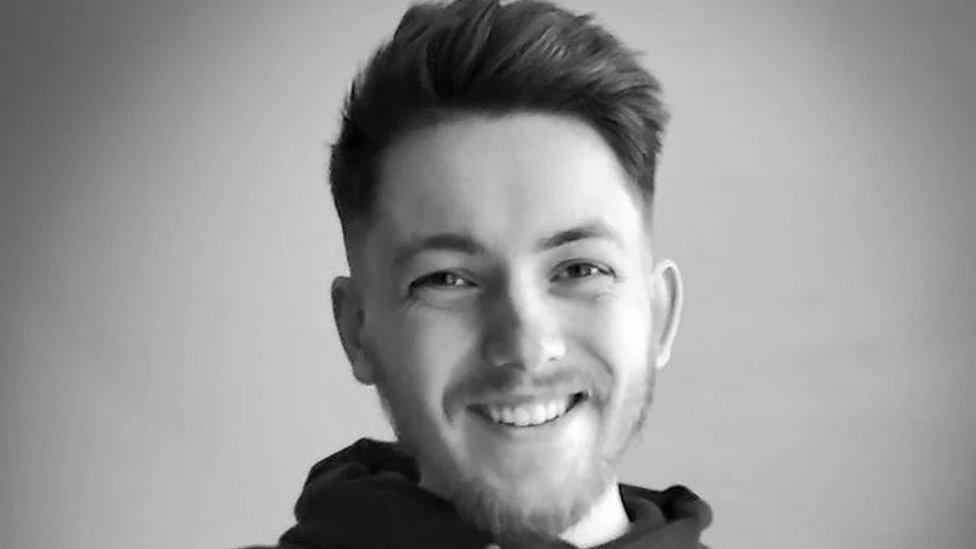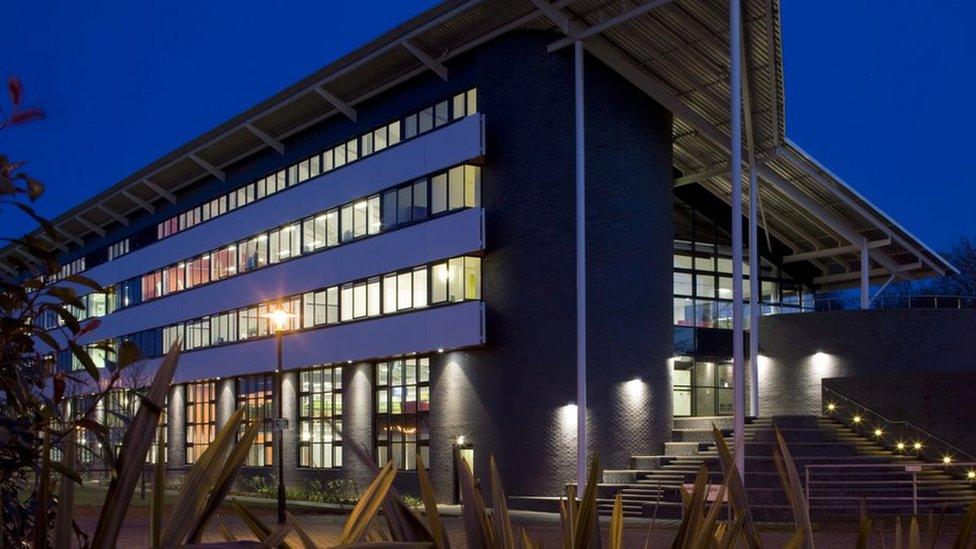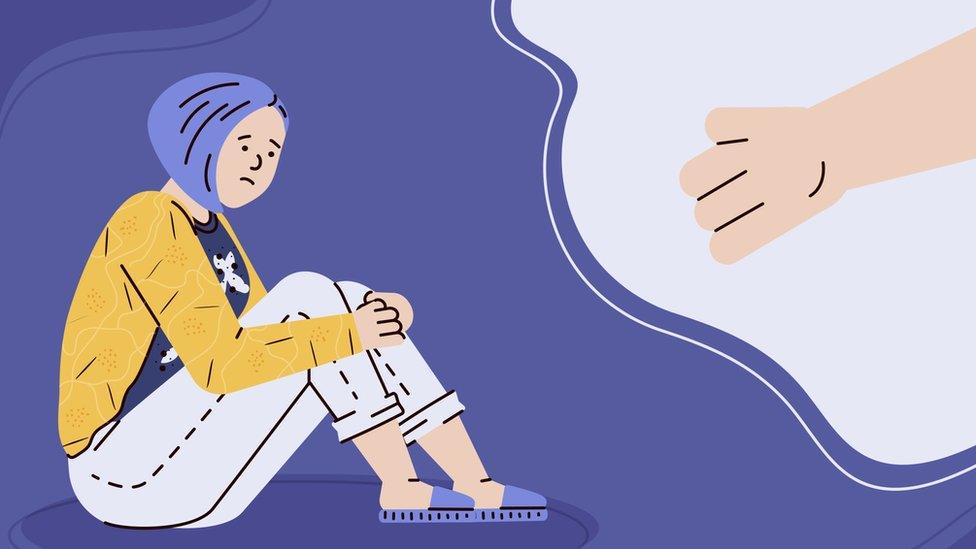Warwick student Will Bargate took his own life during lockdown
- Published

Will Bargate was "always smiling, always seemed to be happy and engaged", his father told the inquest
A university "should have been more proactive" with a student who killed himself after disengaging with his course in lockdown, a coroner said.
Will Bargate, 23, was in his second year of a business course at Warwick University when he moved to the family home in Essex to work remotely.
He was seen on CCTV leaving home at 03:20 BST on 26 September last year and was found in nearby woods on 1 October.
Warwick University said it had changed its procedure for contacting students.
The hearing in Chelmsford was told Mr Bargate had lived at Little Sampford, near Saffron Walden, since the first lockdown in March 2020 and had no history of mental health issues.
He did not respond to emails, including one requesting a routine appointment with his personal tutor, or to ones about missed coursework.
He did not sit any of his second-year exams, and therefore failed his course, and did not respond to two emails of 24 July inviting him to take re-sits and to arrange another meeting with his tutor, the inquest was told. Another email was sent in August.
'Total disengagement'
His father Quentin Bargate said his son, who got straight A grades at A-level, was "always smiling, always seemed to be happy and engaged".
He added the family was unaware of his issues at university and believed they should have been contacted.
Three days after Will was found dead, a letter arrived informing him that Warwick had "no choice but to suspend his studies".
The hearing heard that this decision was taken without making contact with William, his family or with input from his personal tutor.
Sean Horstead, area coroner for Essex, described Mr Bargate's death as "unpredicted and unpredictable".
"The striking thing is the almost total disengagement that was manifest, no contact after the finished group project to which [Will] contributed through March," said Mr Horstead.
"By May and through June, Will had simply withdrawn from any active, productive engagement with the course requirements."
He said the disengagement "could and should have... generated a more proactive engagement with Will on the part of the university".

Coroner Sean Horstead noted Warwick University has made changes have since Mr Bargate's death
"There was a missed opportunity for engagement with Will," he said, adding that he did not suggest any individual failed to act.
The coroner added: "It's not possible to make a definitive, causal link between that missed opportunity and the events of late September."
He said it was also impossible to "disentangle the impact the Covid pandemic had on William, and on students up and down the country".
He concluded that Mr Bargate died by suicide and noted changes had since been made at the university.
Stuart Croft, vice-chancellor at Warwick, said the university had carried out an internal review following Mr Bargate's death.
"We have changed our procedure for contacting students if they fail to meet deadlines and do not respond to emails from the university," he said.
"We will now attempt to get in touch in a variety of ways to help us to identify trigger points to escalate concerns to the wellbeing team, who will use their professional clinical judgment to assess the situation, and identify any steps we should take to try to reach students.
"If a student misses an exam and no mitigating circumstances are submitted, this will now automatically trigger a follow-up contact."
Speaking after the inquest, William's father Quentin said: "I think Warwick has learnt important lessons for the future, which is what was most important.
"All universities need to learn from this."
Related topics
- Published18 April 2021
